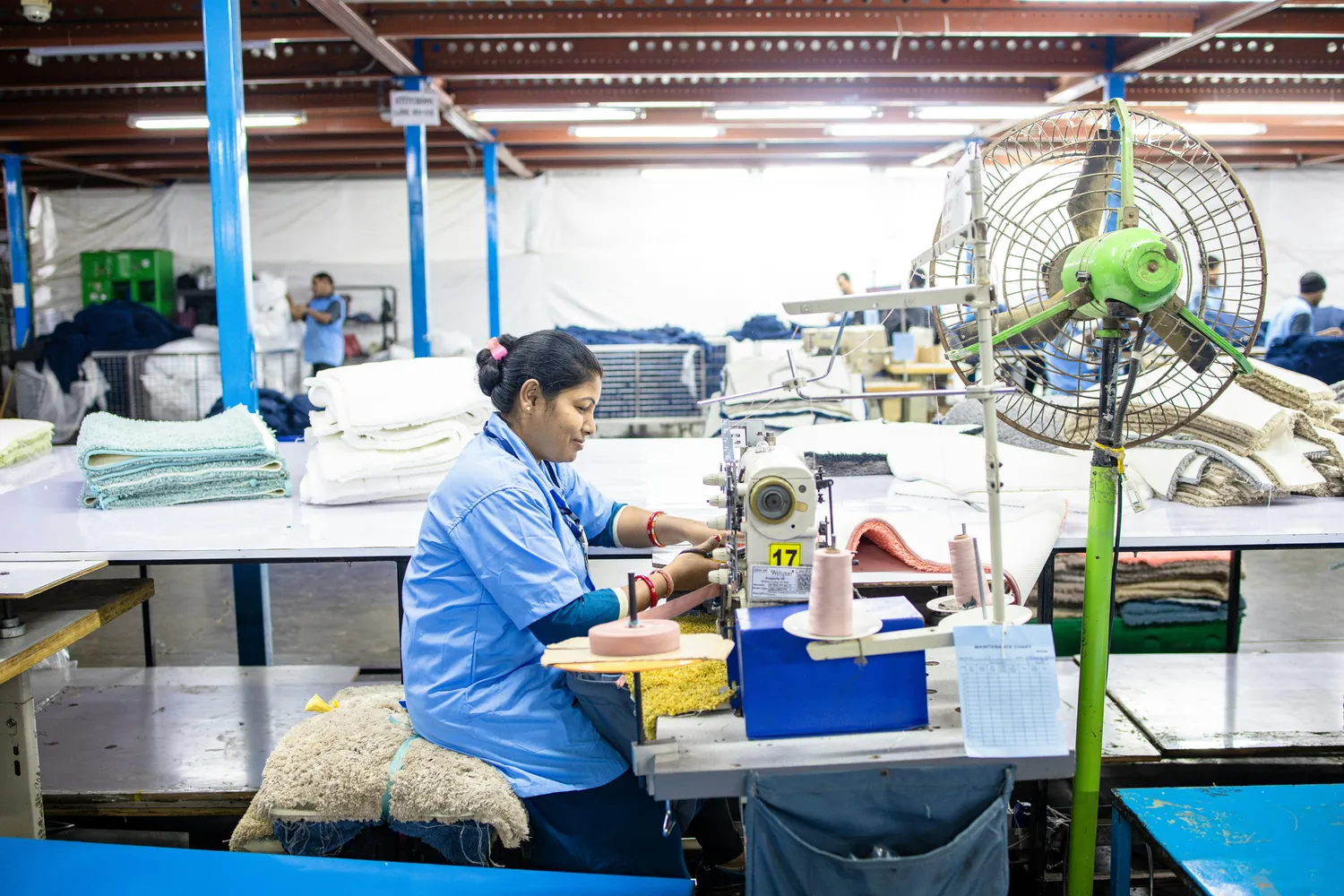Examining Sustainable Practices from Leading Manufacturing Companies Worldwide

Innovative Approaches to Sustainability in Manufacturing
In recent years, the push for sustainability in manufacturing has transcended beyond a mere trend; it has become a critical component of corporate strategy. As climate change concerns escalate and regulations tighten, manufacturing companies are increasingly driven to adopt sustainable practices. This article explores how leading manufacturers worldwide are innovating their processes to reduce waste, cut energy consumption, and, in many cases, improve profitability.
Global Leaders in Sustainable Manufacturing
Unilever: Zero Waste Manufacturing
Unilever, a global giant in consumer goods, has set a benchmark with its ambitious ‘Zero Waste to Landfill’ initiative. By implementing this strategy across all its manufacturing sites, Unilever aims to minimize waste by reusing or recycling it back into the production process or through partnerships with local waste management organizations.
For example, at its Nairobi factory in Kenya, waste materials are either reused or turned into new products. Organic waste is converted into compost and used for local agriculture, while other waste materials are repurposed into building materials or even furniture. This initiative has resulted not only in environmental benefits but also in significant cost savings and revenue generation from selling recycled materials.
Toyota: Lean Manufacturing and Energy Efficiency
The Toyota Production System (TPS), renowned for its lean manufacturing principles, emphasizes efficiency and elimination of waste. Toyota has taken these principles further to incorporate sustainable energy practices. The company has invested heavily in renewable energy sources for its manufacturing plants. For instance, Toyota's plant in Kentucky is powered by a solar array that reduces carbon emissions significantly.
Moreover, Toyota's adoption of hydrogen fuel cells for its forklifts and other machinery within its facilities exemplifies its commitment to cutting down on fossil fuel usage. By utilizing hydrogen produced on-site, Toyota not only reduces emissions but also showcases how clean energy can be integrated into everyday manufacturing processes.
Recycling Innovations: New Frontiers
Interface: Carpet Recycling
Interface, a global leader in commercial flooring, has pioneered innovations in carpet recycling. Through their ‘Mission Zero’ initiative, Interface aims to eliminate any negative impact it may have on the environment by 2020. A key aspect of this mission is the development of ‘ReEntry’, a program that allows old carpets to be broken down and recycled into new flooring.
This closed-loop recycling approach helps reduce the need for raw materials, thus conserving natural resources and reducing landfill waste. The success of this program demonstrates the potential for industries traditionally seen as environmentally detrimental to pivot towards sustainability.
Siemens: Circular Economy Practices
Siemens has been integrating circular economy principles into its manufacturing processes. By designing products for a longer life cycle and facilitating easier recycling and remanufacturing, Siemens aims to conserve resources and minimize waste.
An illustrative case is Siemens' work in the automation industry where components are designed to be easily disassembled and recycled. Such practices not only enhance the lifecycle value of their products but also reduce the ecological footprint across their supply chain.
Measuring Impact: The Business Case for Sustainability
Sustainable practices have a multifaceted impact on businesses beyond just environmental considerations. These practices often result in cost reductions, enhanced brand loyalty, and even new market opportunities.
- Cost Reduction: By reducing energy consumption and minimizing waste, companies can significantly lower operational costs. For instance, BMW reported savings of over $160 million by implementing energy-efficient technologies across its production facilities globally.
- Brand Reputation: As consumers become more environmentally conscious, companies with strong sustainability credentials can attract loyal customers who prioritize eco-friendly brands. This shift is evident in Patagonia’s market growth following their commitment to sustainable sourcing.
- Regulatory Compliance and Risk Management: With increasing regulatory pressure worldwide, companies that proactively integrate sustainability into their operations are better positioned to comply with environmental laws and avoid costly fines or sanctions.
Challenges in Implementation
Despite the clear advantages, implementing sustainable practices in manufacturing does not come without challenges. Initial investment costs can be high, and retrofitting existing facilities requires time and resources. Moreover, aligning entire supply chains with sustainable practices remains complex due to varying regional regulations and supplier capabilities.
However, those who have successfully navigated these challenges showcase that with robust planning and stakeholder engagement, long-term benefits far outweigh the short-term hurdles.
The Future of Sustainable Manufacturing
The future of manufacturing lies at the intersection of innovation and sustainability. Advances in technology such as the Internet of Things (IoT), artificial intelligence (AI), and advanced materials promise to open new horizons for sustainable practices. For example, IoT can enable real-time monitoring of production processes to optimize resource use dynamically.
Additionally, AI-driven analytics can identify inefficiencies that humans might overlook, paving the way for smarter production lines that adjust operations to minimize environmental impact. Companies that continue to invest in these technologies will likely lead the charge toward a more sustainable industrial landscape.
Conclusion
The journey towards sustainable manufacturing is complex but imperative. As demonstrated by companies like Unilever, Toyota, Interface, and Siemens, it is possible to integrate environmentally friendly practices while maintaining profitability and competitive edge. The evolving landscape calls for continuous innovation and collaboration across industries to meet global sustainability goals effectively.
By understanding and embracing these sustainable practices, other manufacturers can align themselves not only with global environmental objectives but also with an emerging market demand that values ecological responsibility alongside economic performance.